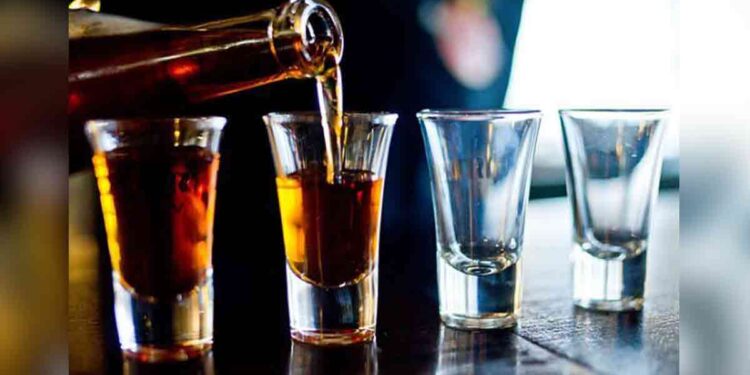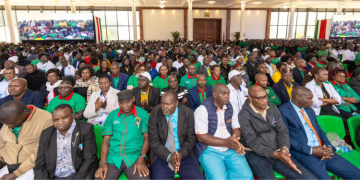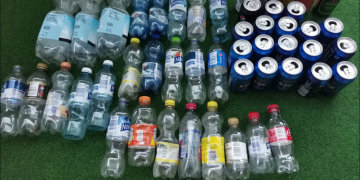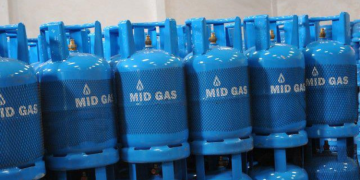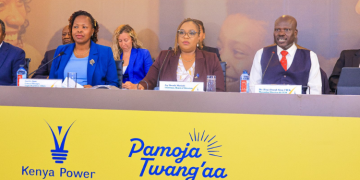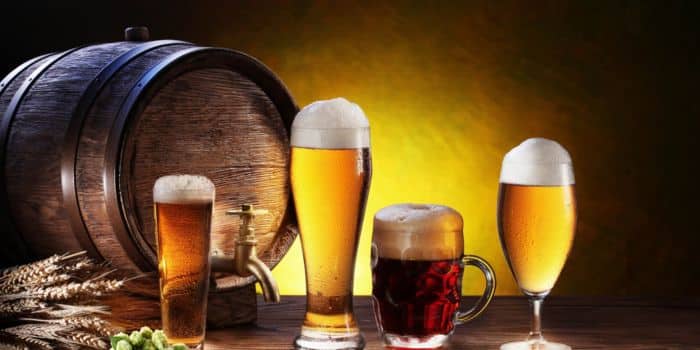Kenyans at the border of Kenya-Uganda and Kenya-Tanzania border now prefer buying alcohol from the neighboring countries as the price of the commodity continues to reduce in those nations.
This especially follows a notice by the Tanzania Revenue Authority (TRA) on February 5, 2024, which indicated the implementation of new lower electronic tax stamp prices, lowering the prices of all alcohol including spirits, liquors, wines, beers and liquor.
The notice, according to the Tanzania revenue authority (TRA) came into effect in January 24, 2024.
“In accordance with Regulation 6 (2) of the Electronic Tax Stamps Regulation, 2018 the Commissioner General of Tanzania Revenue Authority (TRA) wishes to announce new prices (fees) for tax stamps following the successful completion of negotiations involving Tanzania Revenue Authority (TRA), Confederation of Tanzania Industries (CTI) and the vendor SICPA SA,
“The manufacturers, producers and importers of excisable goods listed in the First Schedule of the Electronic Tax Stamps Regulation, 2018 shall purchase stamps from the vendor (M/s SICPA Tanzania Limited,” the notice read in part.

Also Read: Kenyans Rush to Tanzania for Cheaper Fuel
Prices of Excise Stamps in Tanzania and Uganda and Comparison with Kenya
Following the publication, excise taxes will take about 36 percent, or Ksh43.26, of the total cost of beer in Tanzania.
On the other hand, In Uganda, beer producers pay Ksh83 for every liter, attracting an excise duty of 30 percent or Ksh45 per liter, whichever is higher.
However, in Kenya, over half of the beer cost, about Ksh97, goes to excise taxes increasing the cost of beer and alcohol in the country.
This means that Kenyan manufacturers pay more compared to the two countries, contributing to the higher prices of alcohol in the country.
Also Read: Kenyans React After Govt Loses Billions Due to High Beer Tax
Recommendations on Excise Stamp Prices for Kenyans
In November 2023, to address the high prices of the stamps, the National Assembly Departmental Committee on Finance and National Planning, made three recommendations to enhance tax reforms.
The committee suggested setting an ideal excise duty rate that would be reviewed every three years. This rate would either be determined through regular surveys conducted by the Kenya National Bureau of Statistics (KNBS) or involve public participation.
Further, the National Assembly recommended a revision of Kenya’s excise duty on alcoholic beverages, taking into account the alcohol content in the products.
“The government will increase excuse duty on spirits and other higher alcohol content products to discourage their consumption, as they pose health risks,” the committee published in a report.
